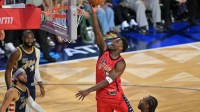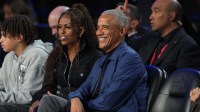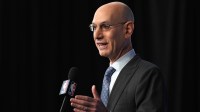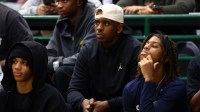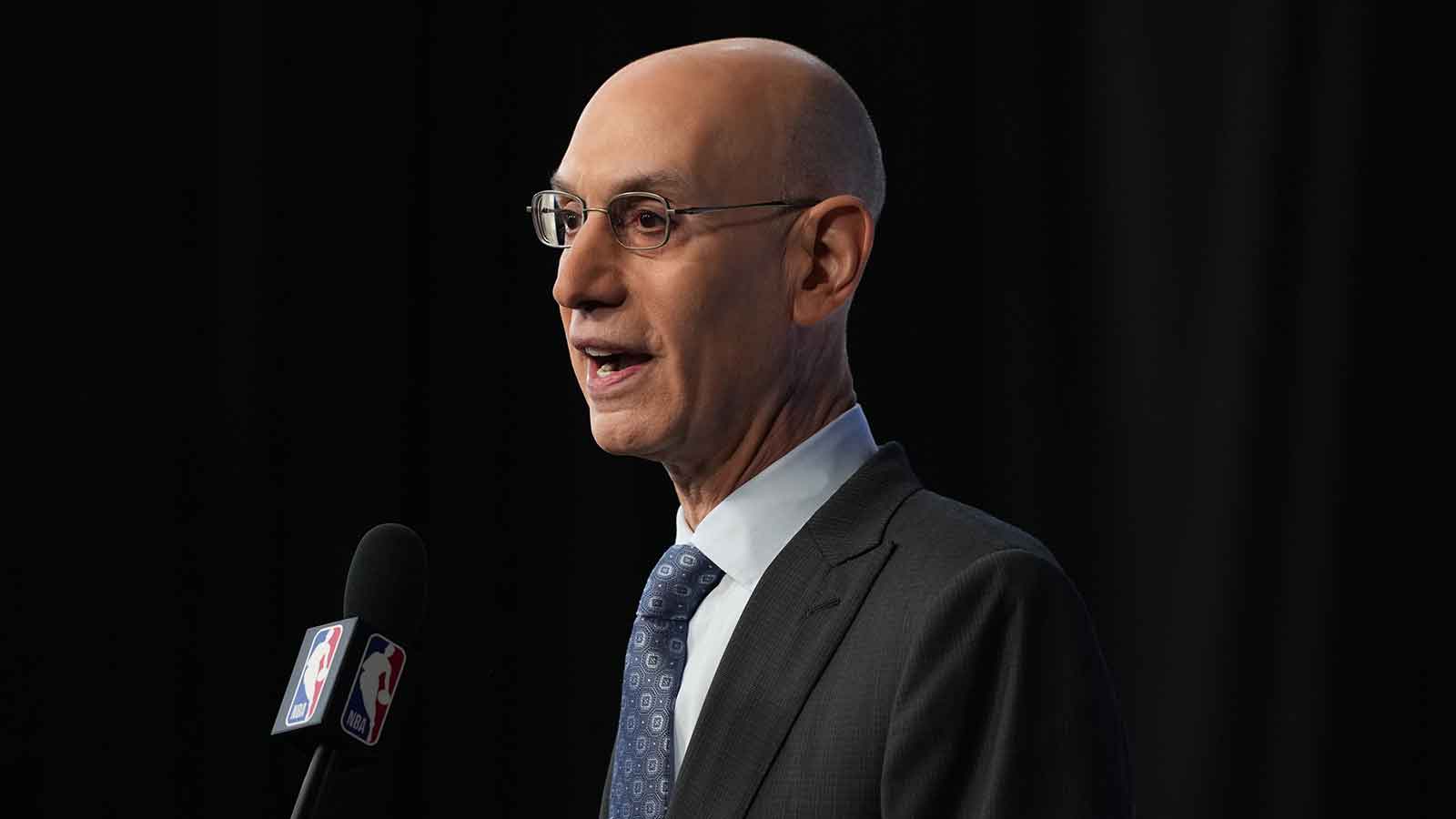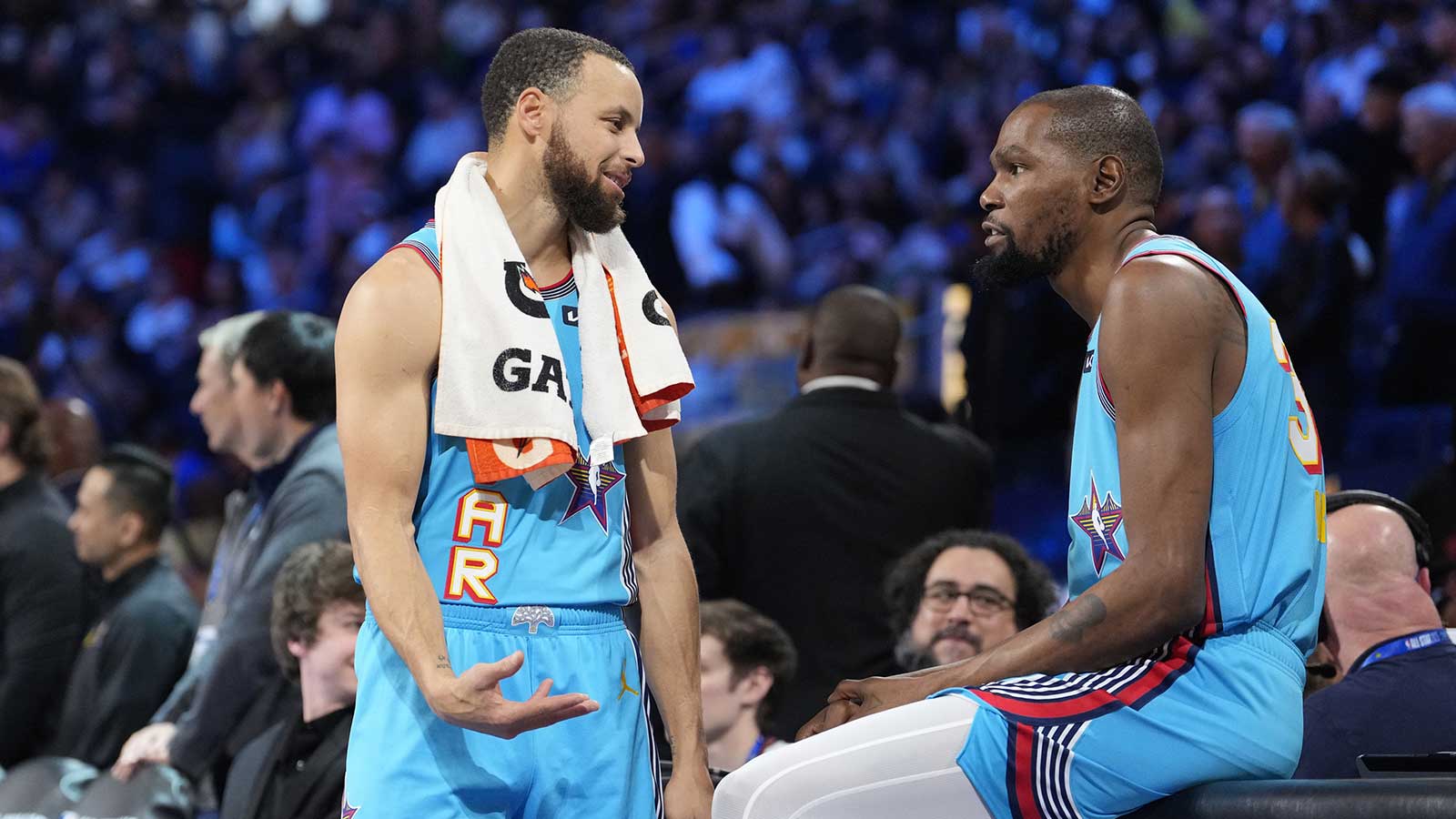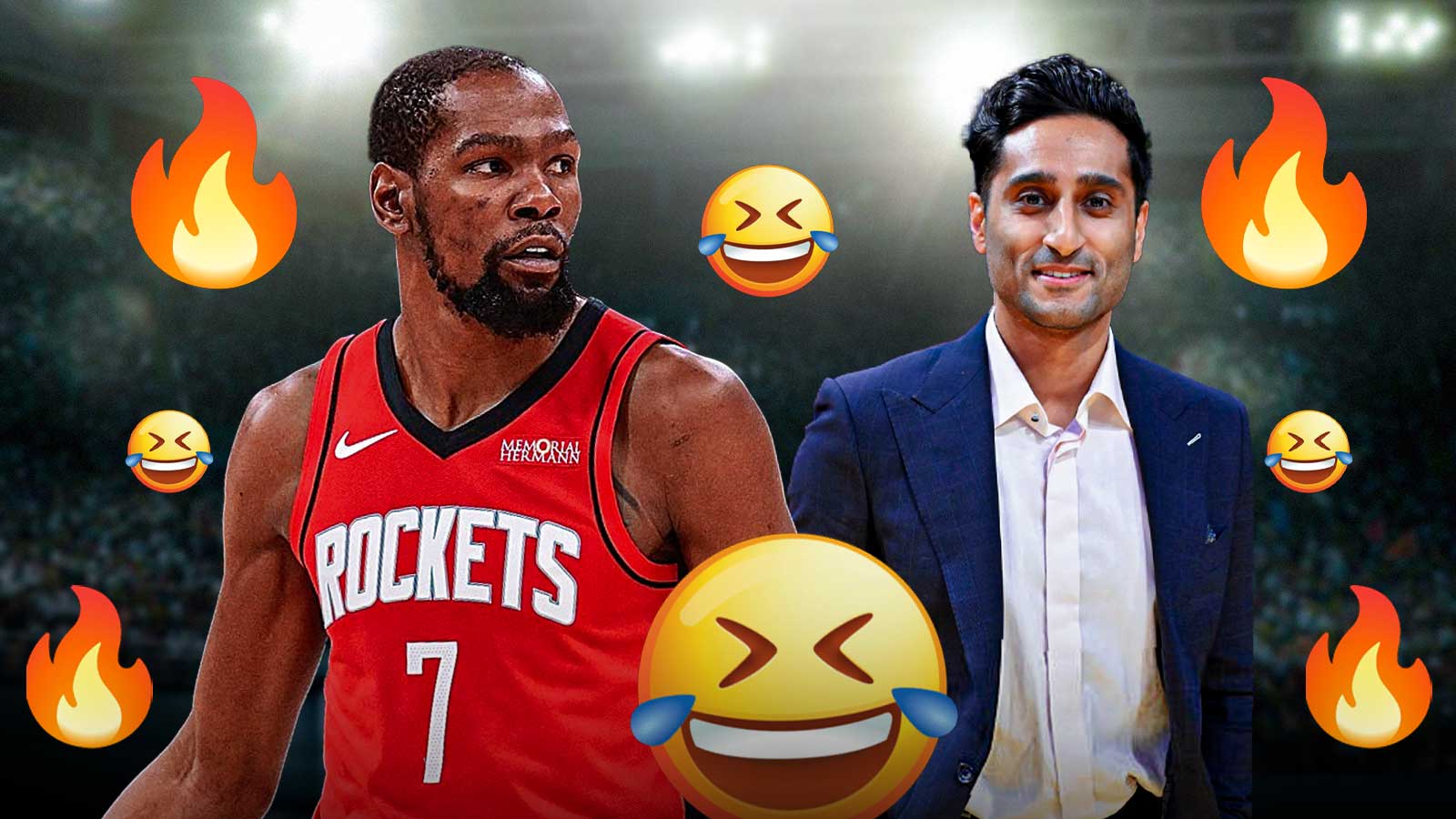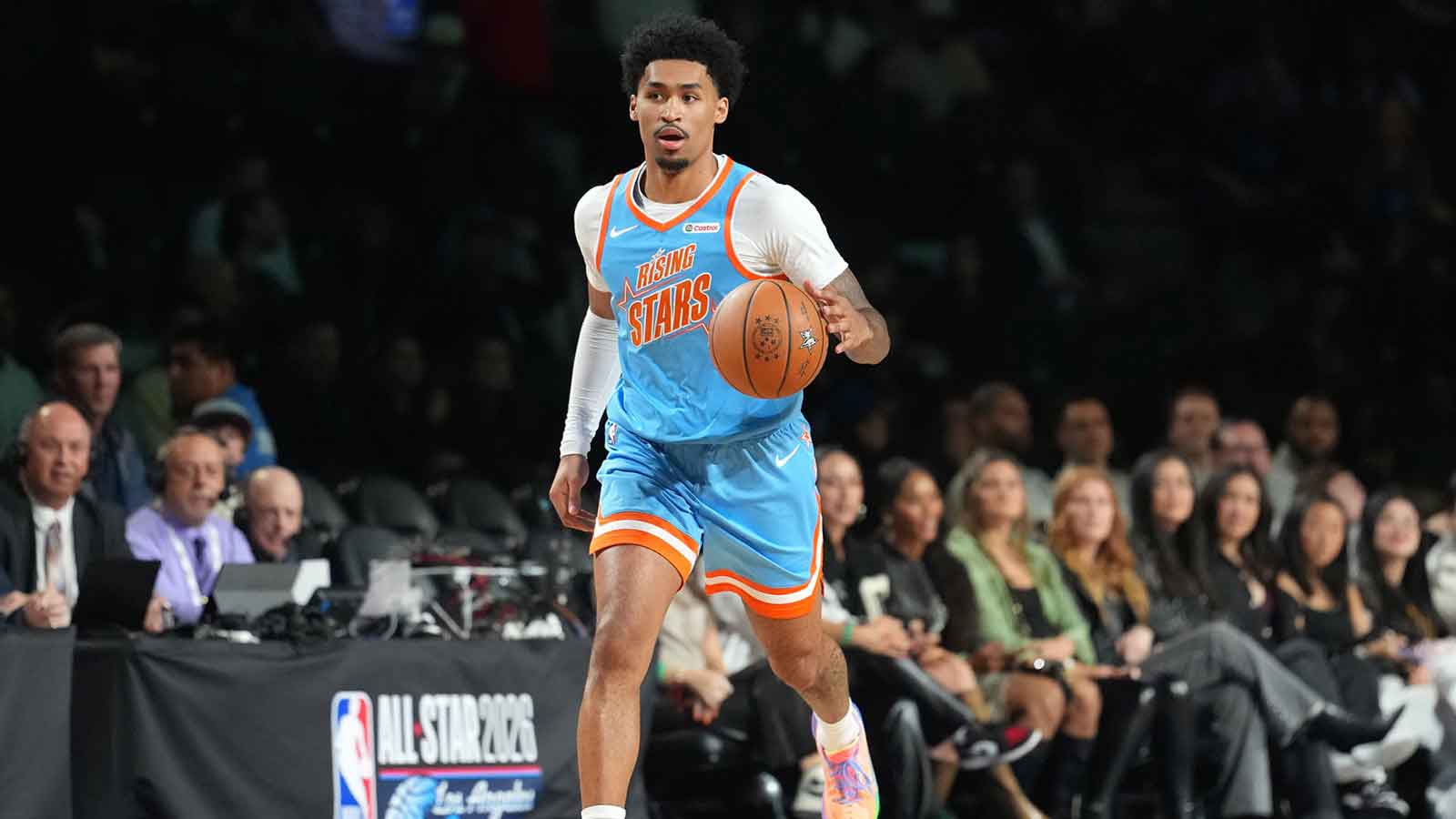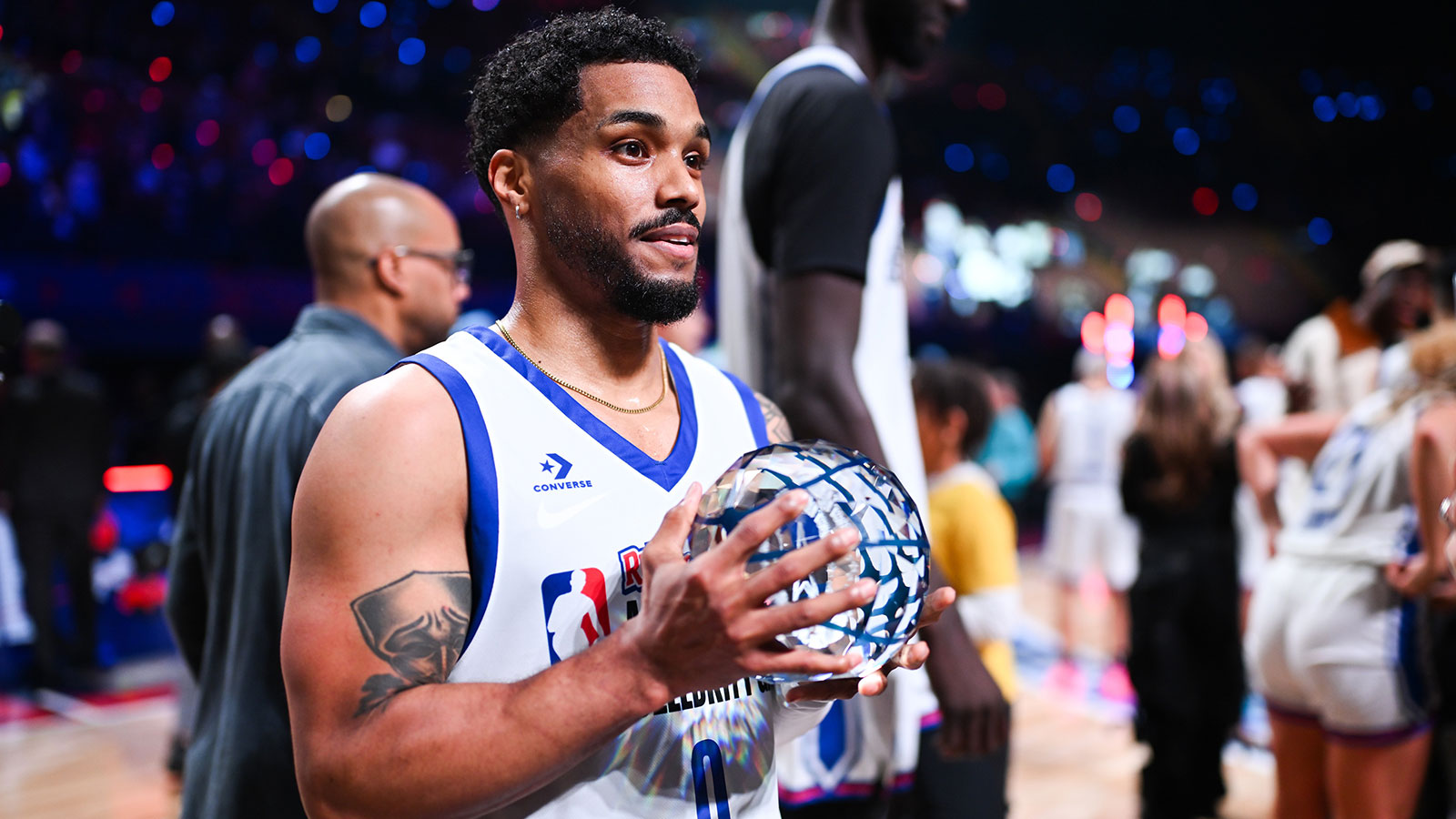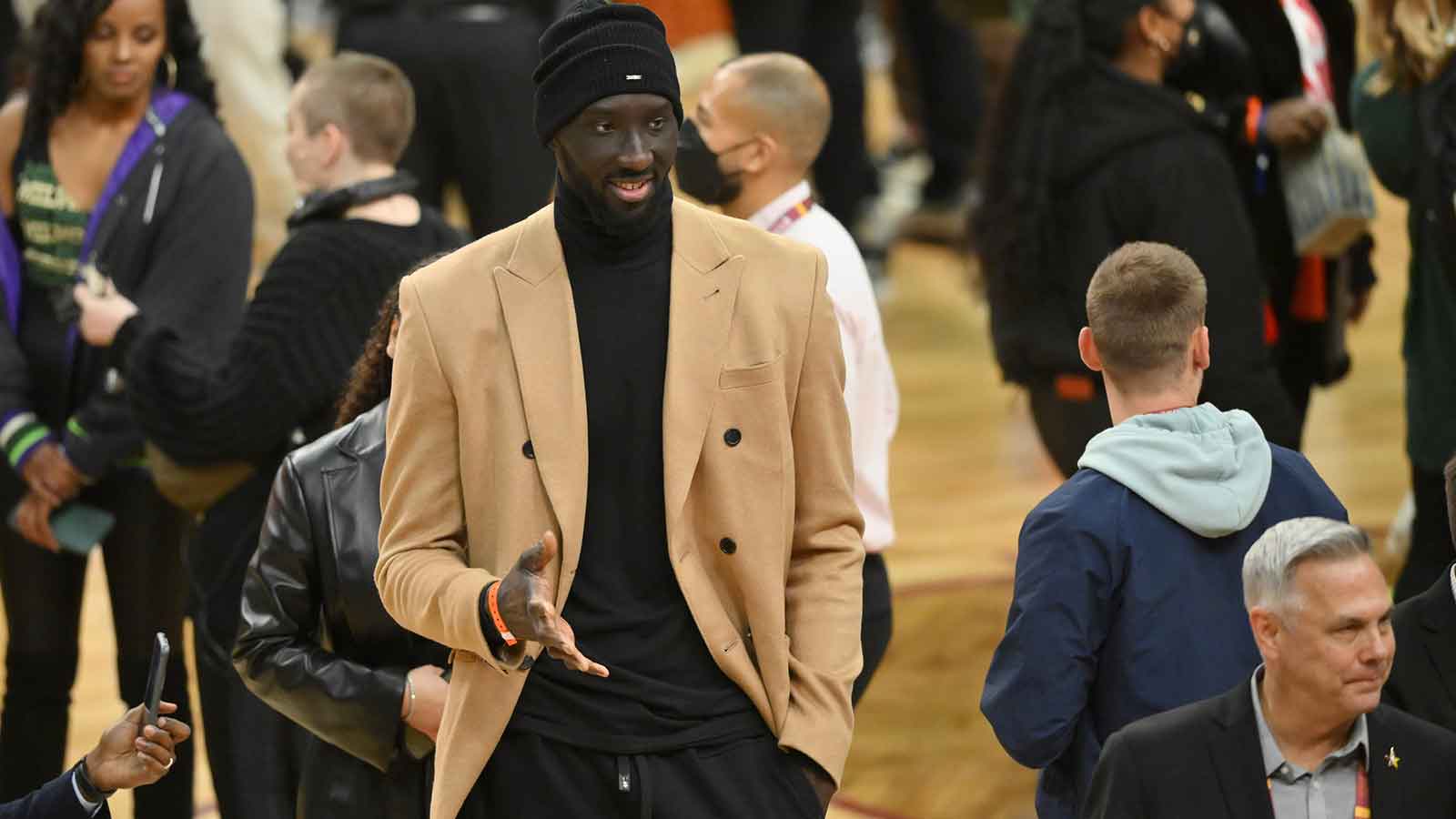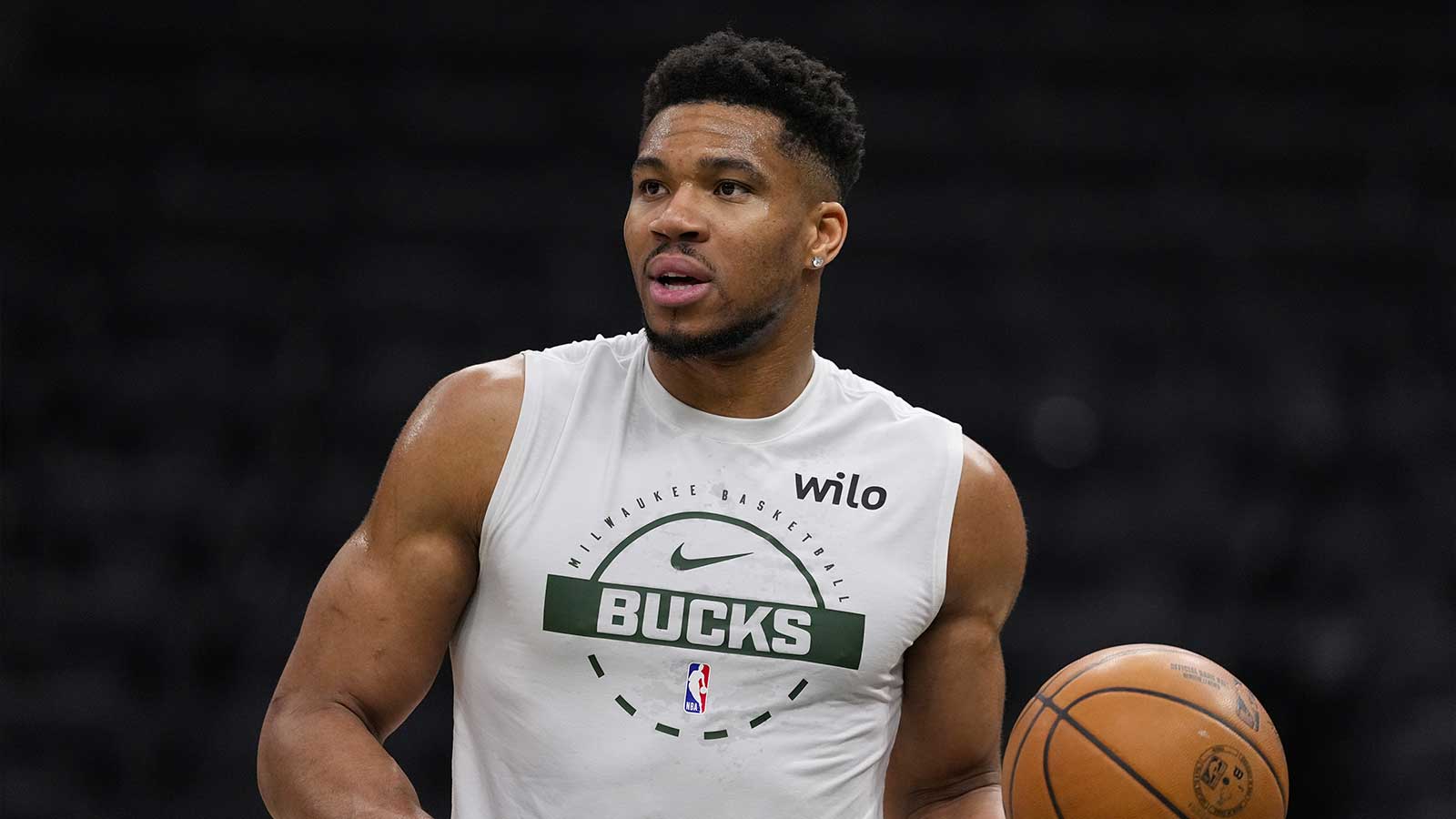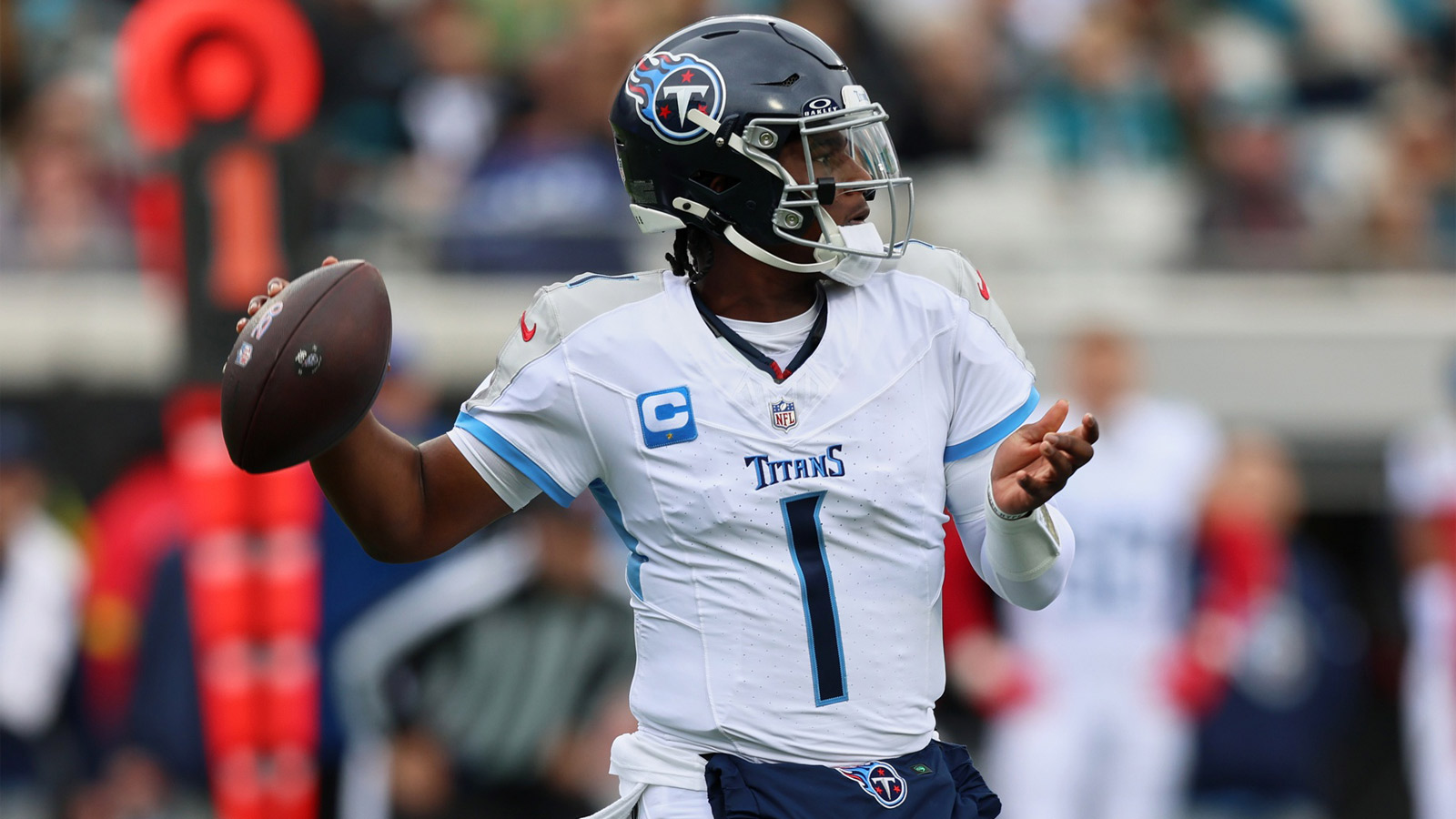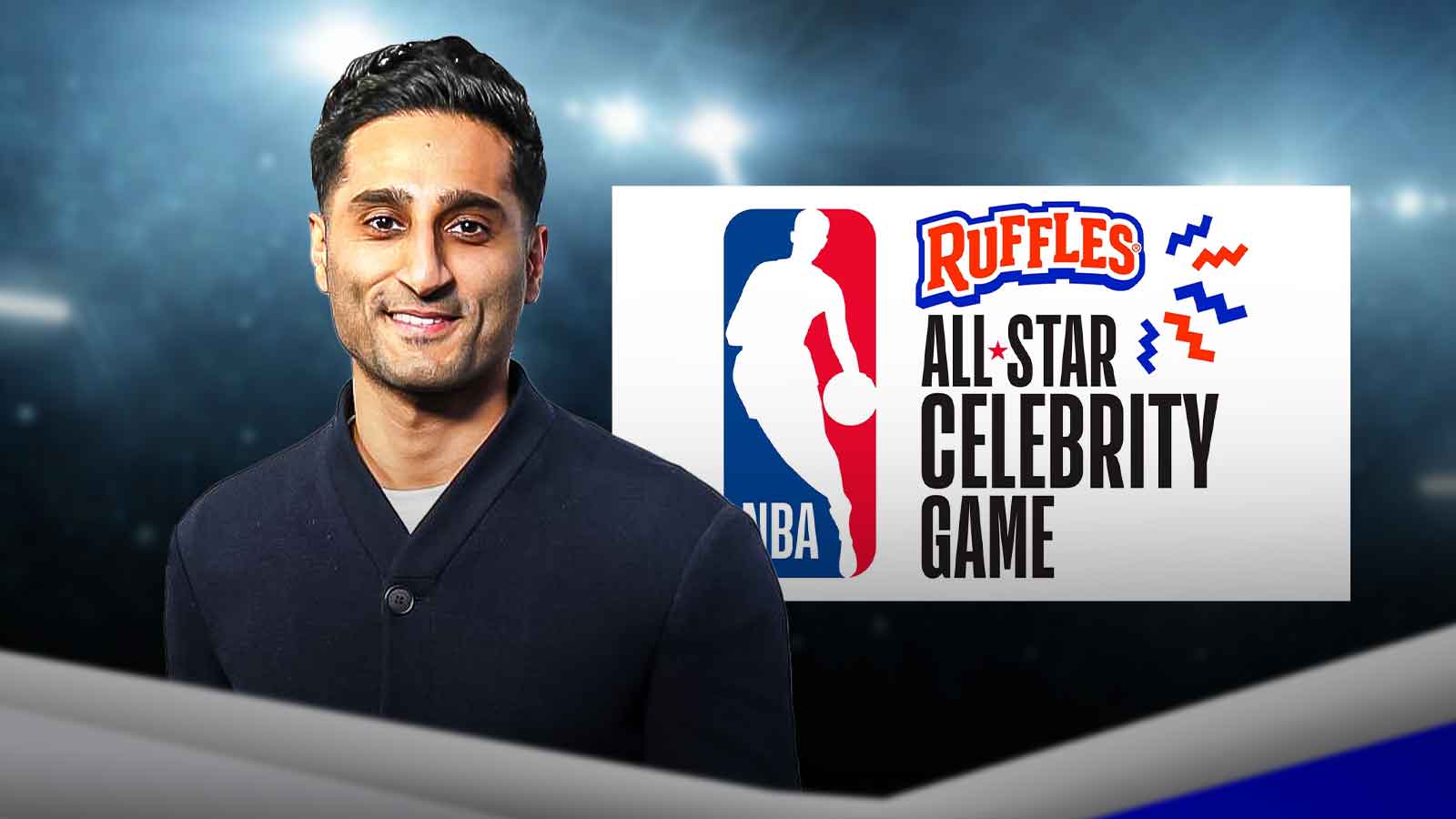NBA commissioner Adam Silver knows the ins and outs of the league and the hoopla around his sport. While the subject of mental health has been somewhat frowned upon in the NBA for many years, there's a league-wide joke suggesting shooting coaches are really psychologists, per ESPN's Jackie MacMullan.
“The joke around the league was teams historically had a team psychologist, but we call him the shooting coach,” Silver says. “If a player was having trouble dealing with stress that was impacting his play, they would readily accept help from the shooting coach, but if you called him a team psychologist, the reaction was, ‘Hey, not me. I don't need a doctor.'”
Shooting coaches spend more time with a single player than perhaps any other coach does in a day-to-day basis, as they are around before and after practice, and even during nights off and the offseason.
Shooting sessions can often take hours and the time can only be killed with some good chatter and plenty of repetition, making them the perfect counsel for an NBA player.
While they are in no way qualified to be a psychologist, in a way, they play the part — giving a player a non-judgmental support figure that isn't directly involved with basketball operations or the team itself.
Other players often become confidants too, but given how closely a shooting coach works with a player (Bruce “Q” Fraser with Stephen Curry/Kevin Durant, Drew Hanlen with Markelle Fultz/Jayson Tatum/Joel Embiid, and Chris Brickley with Carmelo Anthony, among others) — they can be the extra set of ears that a player needs throughout a long NBA season.



